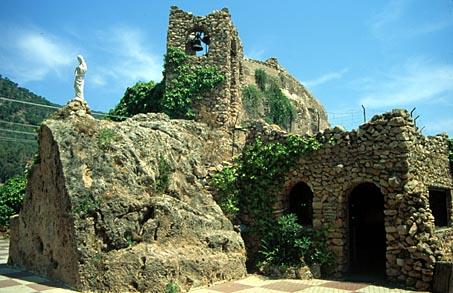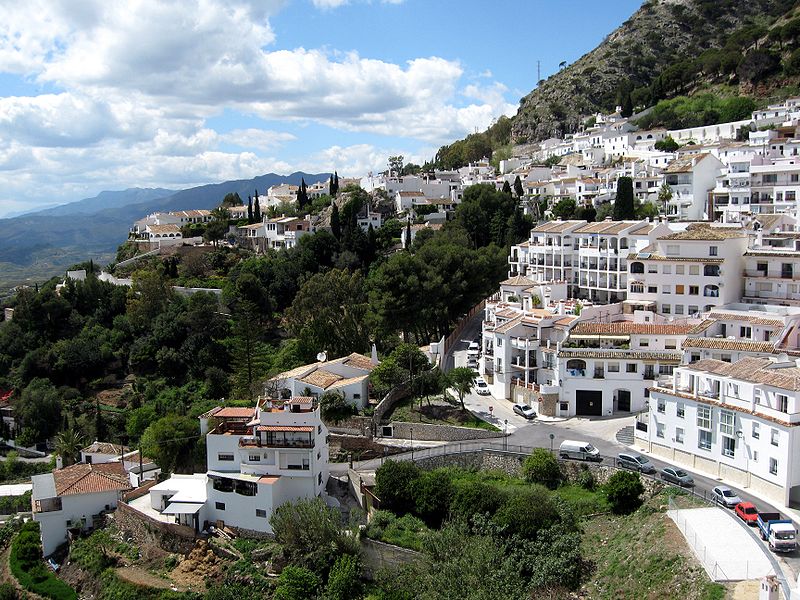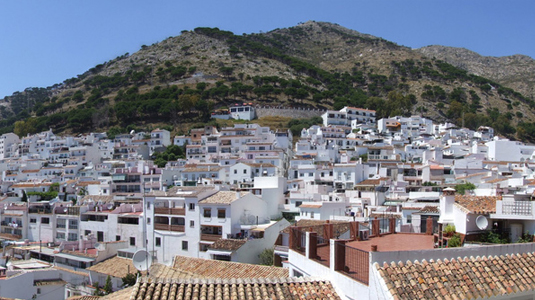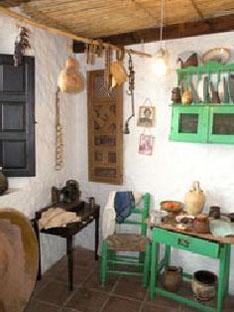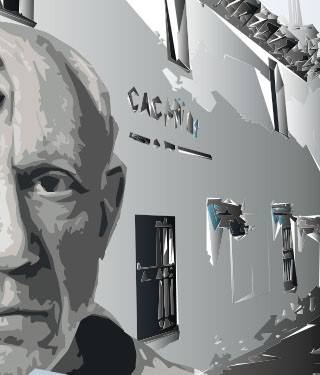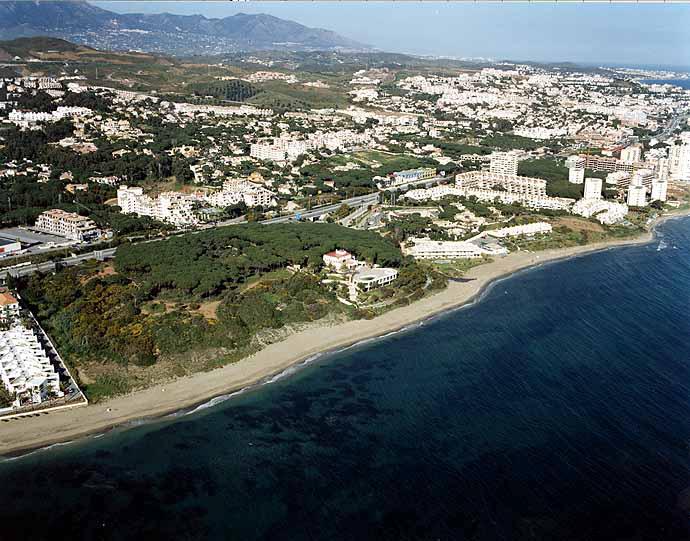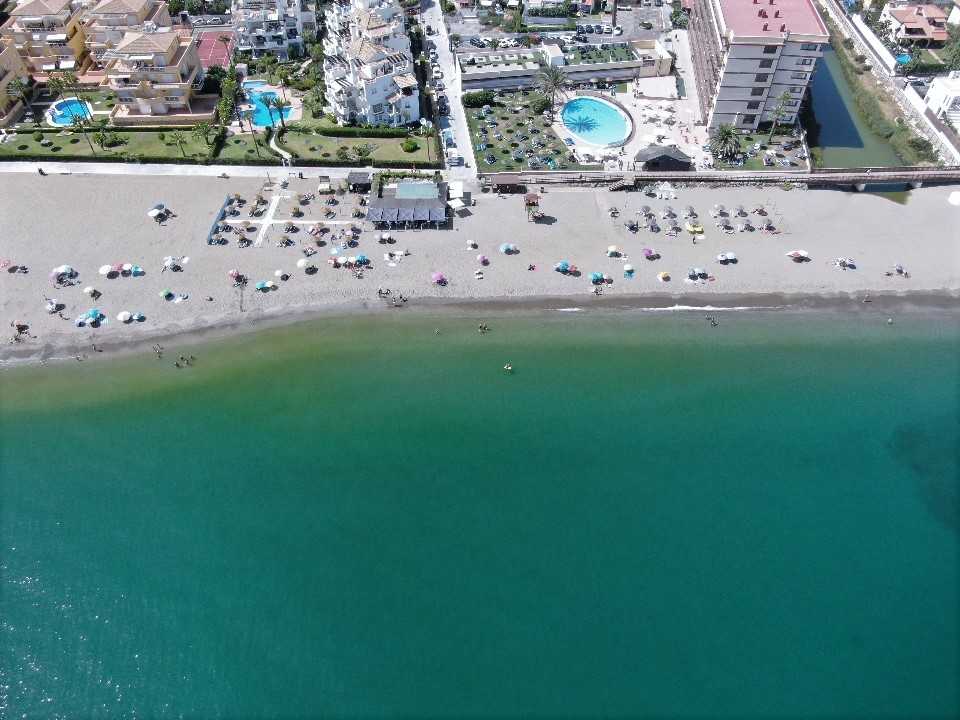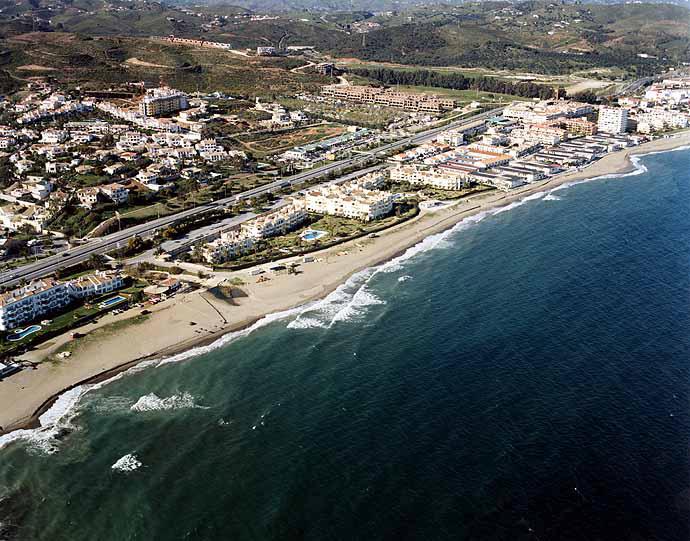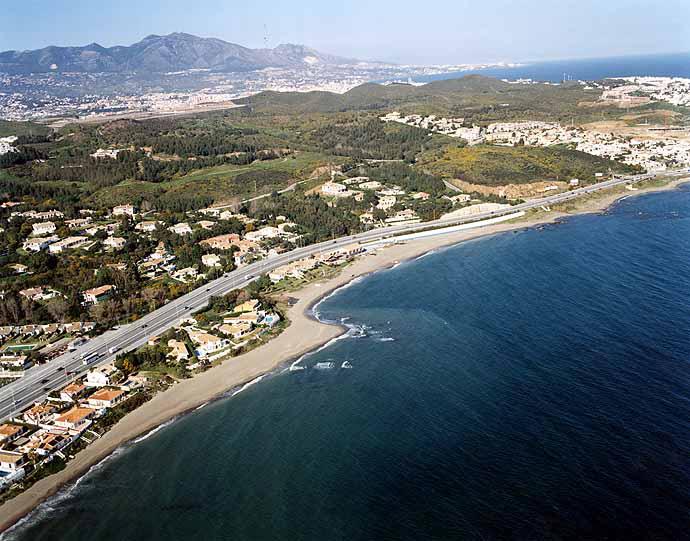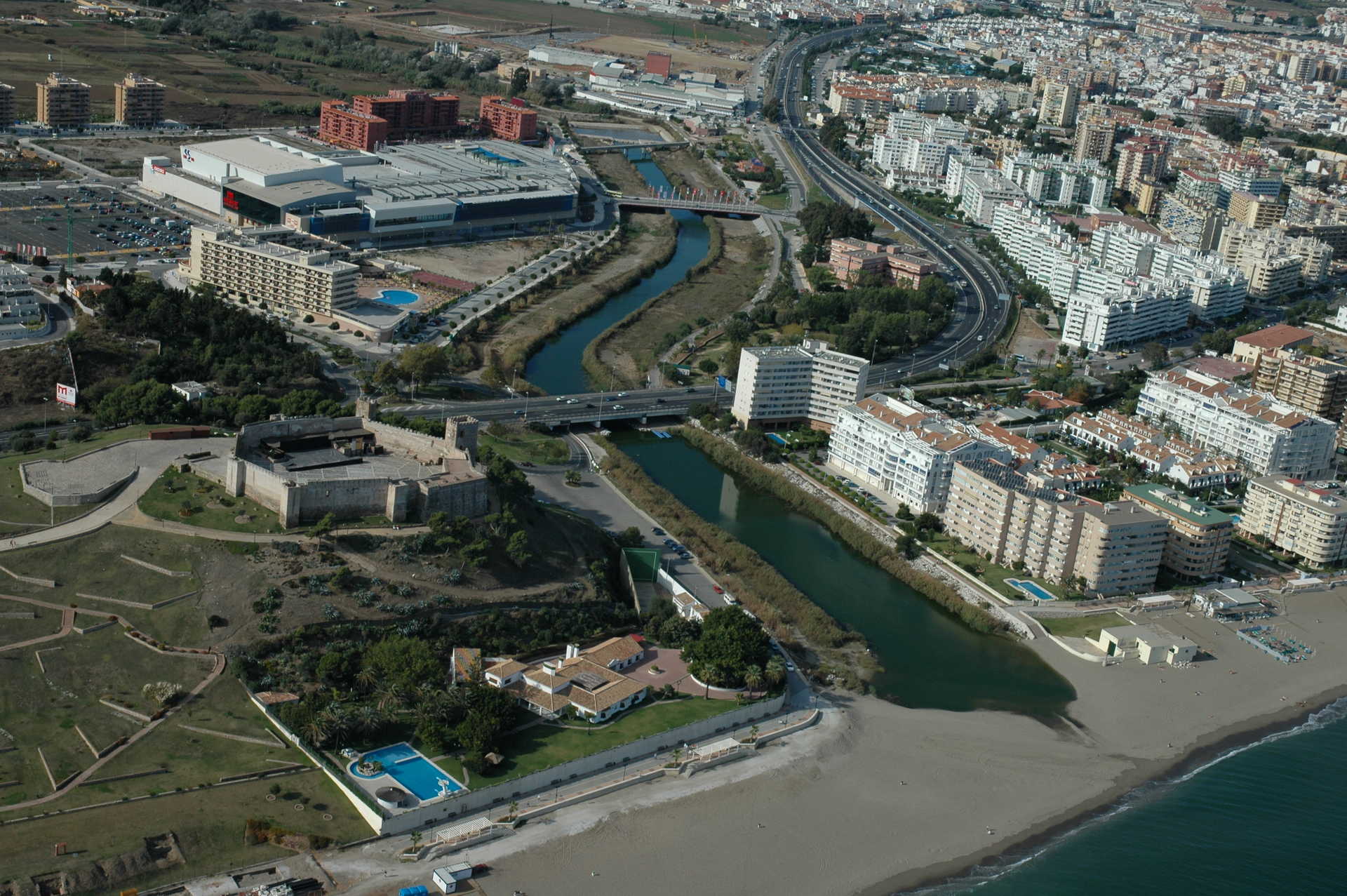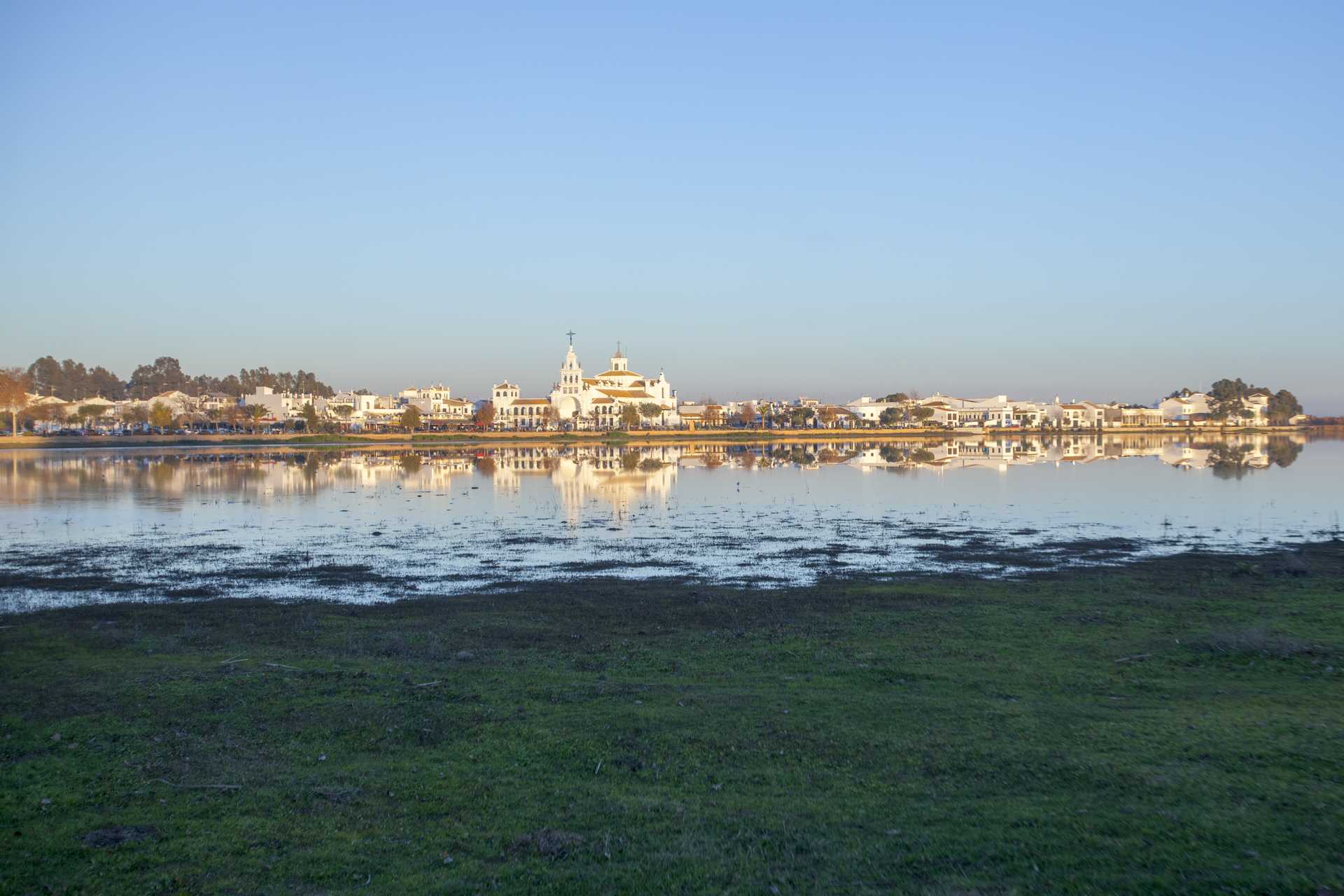Mijas
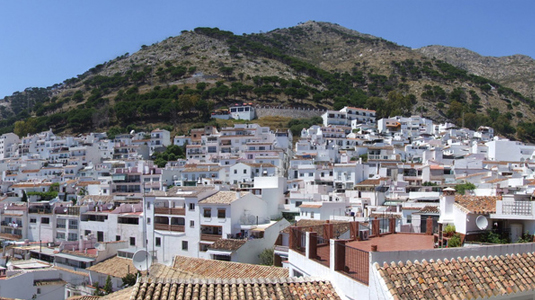
History
The rich mineral deposits in the surrounding area attracted the Phoenicians and Greeks.
Roman Age. During this period, it enjoyed economic prosperity due to the export of marble from the quarry in the Sierra de Mijas and to its proximity to the road that linked Malaga and Cadiz.
In 714, the village was affected by the Arab conquest of the peninsula; a pact made with Abdalaziz, son of the Moslem leader Muza, allowed its Hispano-Gothic inhabitants to conserve their customs and religion in return for the payment of a tribute.
Records tell us that in the 9th and 10th centuries, the people of Mijas supported the rebellion led by Omar Ben Hafsun agaibst the Caliphate of Cordoba, with some even joining the ranks of the rebel army.
While part of the Nazari kingdom of Granada, its inhabitants offered stiff resistance to the attempts to capture the village made by the Catholic Monarchs, refusing to surrender until the fall of Malaga (19 August 1487). Such fierce opposition to the Christian troops brought cruel reprisals, and a number of the Moslem defenders were put to the sword, though the majority were sold as slaves.
In 1494, the village was repopulated by Old Christians, and its houses and land were shared out among them.
In return for its support of Emperor Charles V in the War of the Communities, the village was declared exempt from sales tax and granted independent village status in 1521.
On 2 December 1831, General Torrijos and 52 men came ashore on El Charcon Beach in an attempt to instigate a rebellion against the absolutist régime of King Ferdinand VII; they crossed the Sierra de Mijas and took refuge in a location known as "La Alqueria" in Alhaurin de la Torre, where they were taken prisoner by the governor of Malaga's troops and shot on the beach at San Andres on 11 December 1831.

- Max 13
- Min 12
- Max 55
- Min 53
- °C
- °F
What territory do you want to visit?


